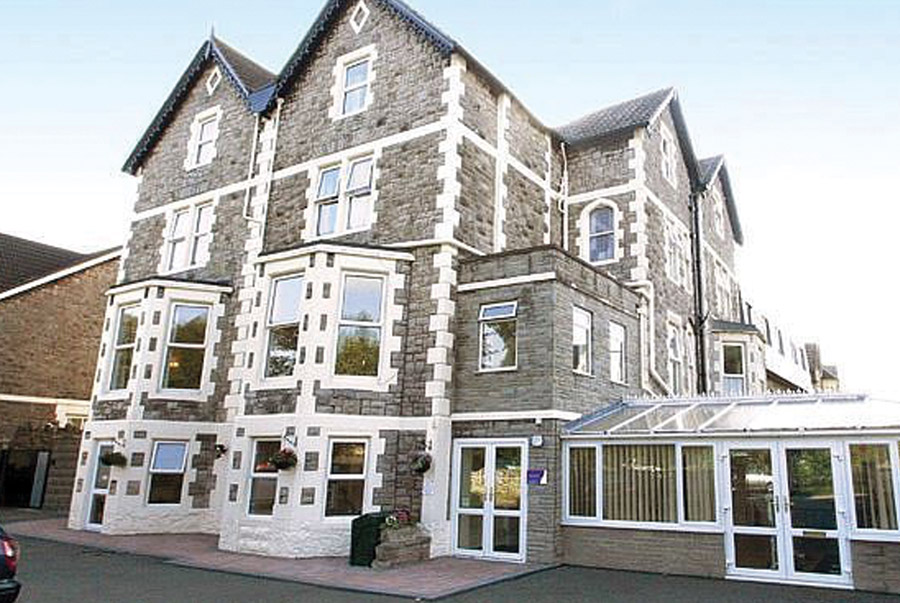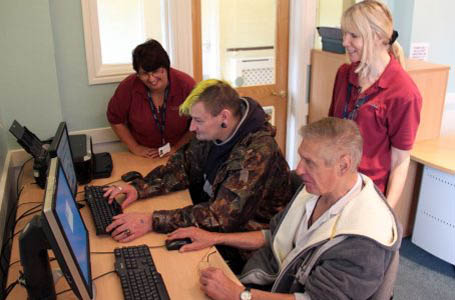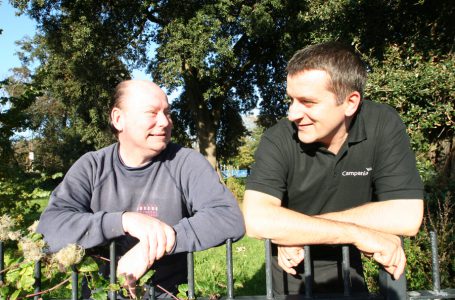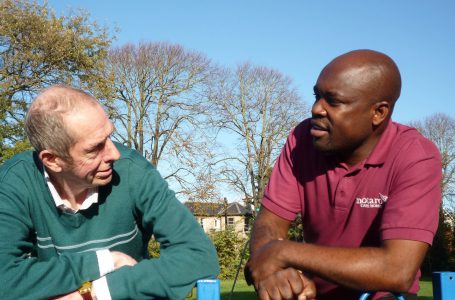When your loved one is first diagnosed with Alcohol-Related Brain Damage (ARBD), it can be a confusing time with lots of information to digest – and sometimes it can feel like too much to take in.
In simple terms, ARBD is an umbrella term for several different alcohol-related disorders. Often people will interchange ARBD with Wernicke-Korsakoff’s Syndrome (WKS). However, Wernicke-Korsakoff’s Syndrome is just one specific disorder under the ARBD umbrella.
Other forms of ARBD include:
· Alcohol-Related Amnesic Syndrome
· Alcohol-Related Dementia (Wernicke-Korsakoff’s Syndrome falls into this category)
· Frontal lobe damage
· Hepatic Encephalopathy
Wernicke-Korsakoff’s Syndrome is the most common form of ARBD, and other forms of ARBD may be misdiagnosed early on as they can be similar to other brain disorders such as Alzheimer’s Disease.
Alcohol-Related Dementia (ARD)
This can be misdiagnosed early on, as its symptoms are similar to Alzheimer’s Disease with impaired planning, thinking and judgement.
Wernicke-Korsakoff’s Syndrome falls under Alcohol-Related Dementia and is one of the most common and most serious types of ARBD. Wernicke-Korsakoff’s Syndrome causes the brain to swell, known as Wernicke’s Encephalopathy, and causes severe confusion, known as Korsakoff’s Psychosis.
Alcohol-Related Amnesic Syndrome
This form of ARBD presents as short-term memory loss, problems with concentration as well as confabulation, where the patient will fill in gaps in memories with irrelevant or inaccurate information.
Damage to the frontal lobe
The frontal lobe is the brain’s “control centre” – when alcohol damages this vital area then problems can arise in terms of impulse control, decision making, goal setting, planning and problem solving as well as assessing risk and prioritising activities. Damage to the frontal lobe can also affect personality as well as moral conscience.
Hepatic Encephalopathy
The liver can also cause damage to the brain via Hepatic Encephalopathy (HE). This occurs when the liver has become severely damaged, usually by alcohol, and is no longer able to perform as it should be getting rid of harmful substances. These then build up in the blood and damage the brain. Symptoms include confusion, forgetfulness, sleeplessness and personality changes.
As discussed in our last blog, recovery from ARBD can be possible, whether that’s full or partial. Now you also know about the different types of ARBD, hopefully, this will help you to understand your loved one’s condition a little better.












